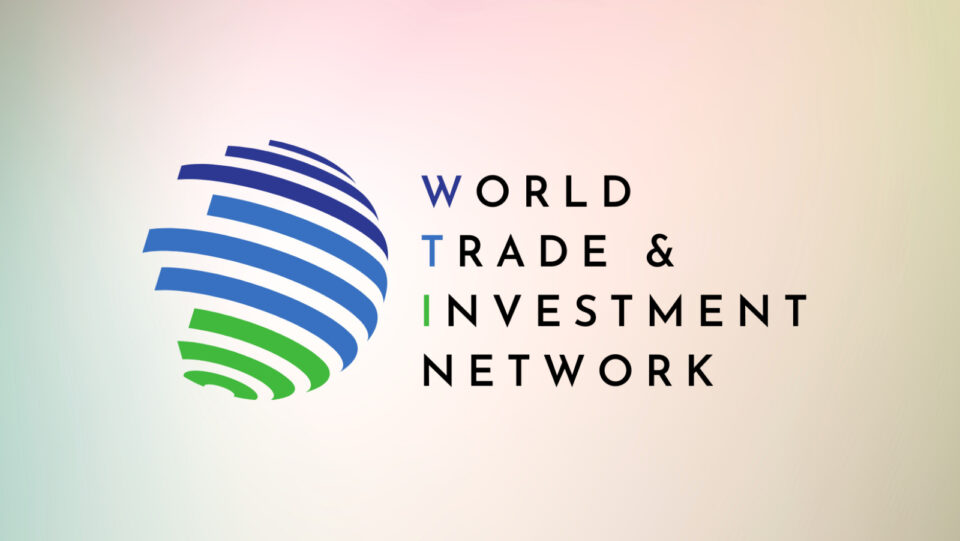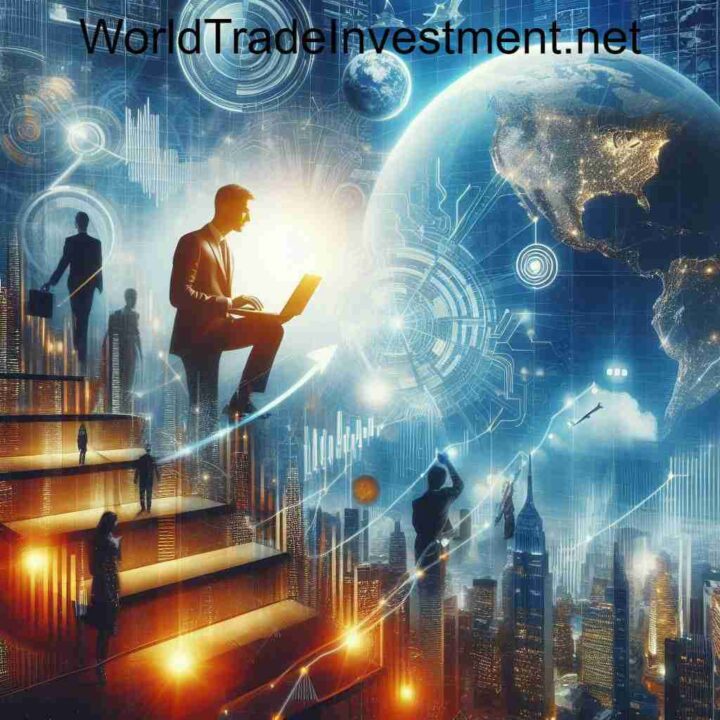Technology and e-commerce have revolutionized international trade and investment in recent years. Here’s how:
- E-commerce Platforms: E-commerce platforms like Amazon, Alibaba, and eBay have made it easier for businesses to reach global customers. They provide a digital marketplace where products and services can be bought and sold, eliminating many traditional barriers to entry in foreign markets.
- Digital Payments: Digital payment systems like PayPal and digital currencies have simplified cross-border transactions. They offer speed, security, and reduced fees, making international trade more efficient.
- Big Data and Analytics: Advanced analytics tools enable businesses to gather and analyze vast amounts of data, helping them understand market trends, consumer behavior, and supply chain efficiency.
- Supply Chain Management: Technology allows for more efficient supply chain management, reducing costs and improving the delivery of goods. Companies can track inventory, shipments, and demand in real-time.
- Blockchain Technology: Blockchain provides transparency and security in international transactions. It can be used for verifying the authenticity of products, reducing fraud, and improving trust in cross-border trade.
Businesses looking to succeed in modern international trade must adapt to the digital landscape. Utilizing e-commerce platforms, embracing digital payment systems, and exploring blockchain technology are all steps to consider for a global trade strategy.





